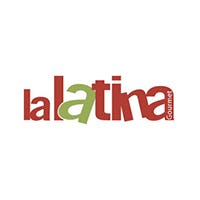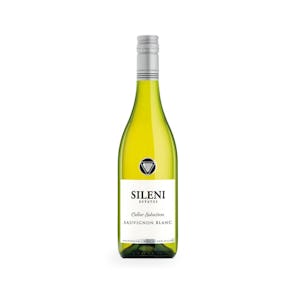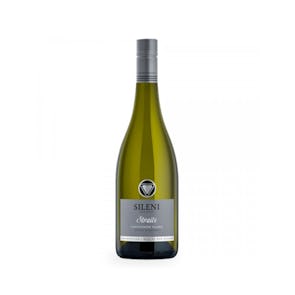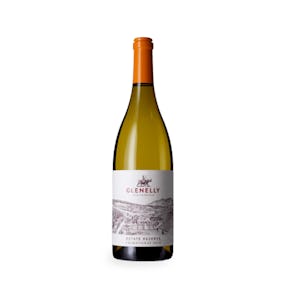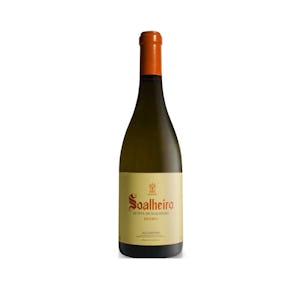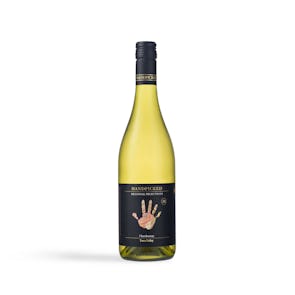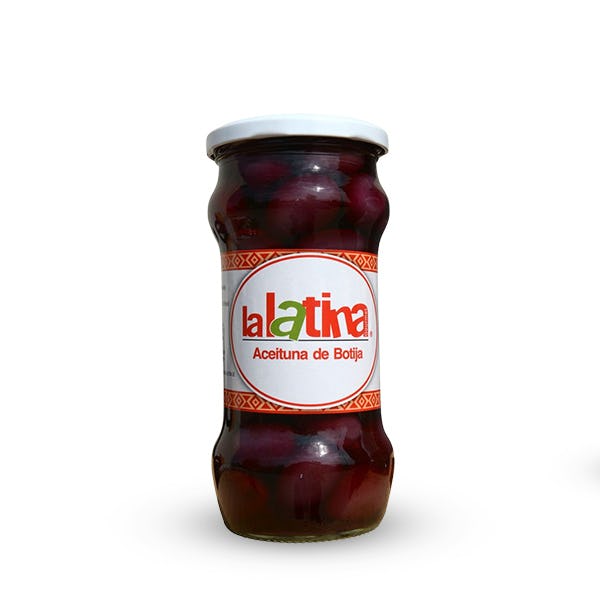
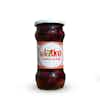

TASTING NOTES FROM THE CURATOR
Botija olives are large and purple. They look a little similar to the Filipino duhat, but with a brighter purple color. These olives are so soft that they will yield to the bite easily. Their flesh is a juicy, melt-in-your-mouth texture, with a wonderful and complex tart flavor.
Olives are also loaded with oleic acid, a monosaturated fatty acid that is great for heart health. They’re also high in fiber, vitamin E, iron, copper, calcium, and antioxidants.
PREPARATION AND PAIRINGS
These olives are so tasty and soft, they’re great to eat on their own. Place them on your charcuterie board, and a great tarty flavor to your spread. Pair them with sundried tomatoes and Provolone cheese. You can also make tapenade, or put them in your pastas and stews.
AN OLIVE’S JOURNEY
The name comes from “aceitunas de botija,” which is what Peruvians call these olives. Named for the botijas, or clay jars, in which they were stored. According to legend, the first olive trees arrived in Lima, Peru from Spain in the 16th century, brought over by conquistadors, particularly Don Antonio de Ribera. They are now an integral part of Peruvian cuisine, used in everything from appetizers to cocktails.
Storage Instructions
Keeps well in the pantry. Once opened, store in the fridge. Consume within a week.

